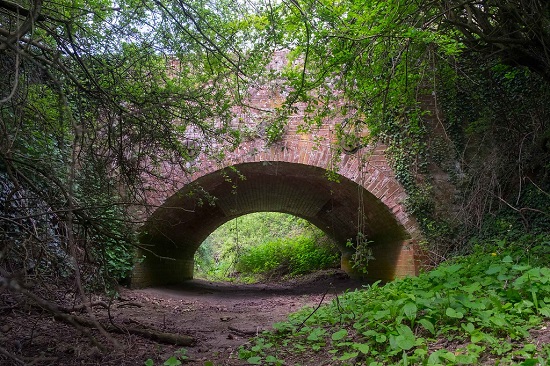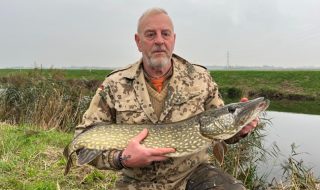Following three consecutive dry years across much of Britain, river levels and groundwater supplies are now in such a depleted state in the water-stressed South East that wildlife organisations and river groups have published a call for the Government and Water Companies to introduce hosepipe bans and other water restrictions immediately to avert fish kills and longer term environmental damage.
Their dossier ‘Chalk Streams in Crisis’ was published today and includes case studies from the rivers Lea, Chess, Ver, Wandle, Hogsmill, Darent and Cray – all South East chalk rivers suffering from over abstraction and damaging low flows.
The Environment Agency’s April 2019 Monthly Water Situation Report shows the parlous state of many rivers in the region with Kent’s River Darent running at 55 per cent of its long-term average flow. In Hertfordshire, the Ver is at 45 per cent and the Upper Lea at 69 per cent. The figures for May will be even worse given the lack of recent rainfall.
In Cambridgeshire, the monthly mean flow on the River Cam was the lowest April flow since records began in 1949.
60% of Environment Agency indicator sites in their April 2019 report describe chalk groundwater levels (across England) as below normal or notably low. The water is simply not down there to recharge the rivers.
A combination of rising demand, increasing population and the effects of climate change are simply causing our rivers to wither and shrink, and in some cases to disappear completely for much of their natural length. The problems are particular acute in the river Colne and Lea catchments in Hertfordshire and Buckinghamshire, where the local water company Affinity has no reservoirs and relies almost entirely on groundwater abstractions.
The group of 12 organisations including the Angling Trust, the Wild Trout Trust, Chilterns Chalk Streams Project and Rivers and Wildlife Trusts covering most of the Home Counties, wrote to Environment Agency Chief Executive Sir James Bevan ahead of this week’s National Drought Group Meeting pressing the case for urgent action now to drive down demand and to save water.
Writing on behalf of the group, Angling Trust Policy Chief Martin Salter said:
“There is no doubt that we are on the verge of a water shortage crisis in the South and East of England, which is already impacting our chalk streams and other rivers. Many of these globally rare habitats already have long dry sections and some of the chalk streams in the Chilterns and Hertfordshire have been dry for years.
“We wanted to write to you ahead of the meeting to press you to encourage the water companies to follow their drought plans including the implementation of water restrictions and temporary use bans and not to wait until further damage is done to rivers already experiencing dangerously low flows.
“We sincerely hope that we are not going to see our rivers sacrificed to avoid restrictions on either agriculture or domestic customers for the sake of nothing more than political expediency.”
Former musician and Angling Trust Ambassador Feargal Sharkey – who is also a keen fly fisherman and river advocate – added:
“After decades of over abstraction coupled with regulatory inertia, the 2019 drought has finally tipped our chalk streams over the edge. The fields of Southern England are becoming littered with the decaying remnants of our globally unique, once pristine, precious river ecosystems – our chalk streams. It is now time for government to act, it is now time for government to show leadership, it is now time to let our rivers flow again.”
Paul Jennings, Chairman of the River Chess Association added:
“The failure of successive governments to invest in reservoir storage and bear down on both demand and wasted water means that the gap between supplying water to customers and protecting the environment has become a yawning chasm.
“We need immediate hosepipe bans, a public education campaign on water saving and the roll out of universal water metering coupled with a massive increase in storage capacity to allow for meaningful reform of our outdated abstraction regime.
“Policy simply has to change or we will continue to see the devastation of these wonderful, globally significant, chalk stream habitats to the point where they may no longer exist. 85% of the world’s chalk streams are in England and we have both a moral and a legal duty to protect them from undue harm.”






